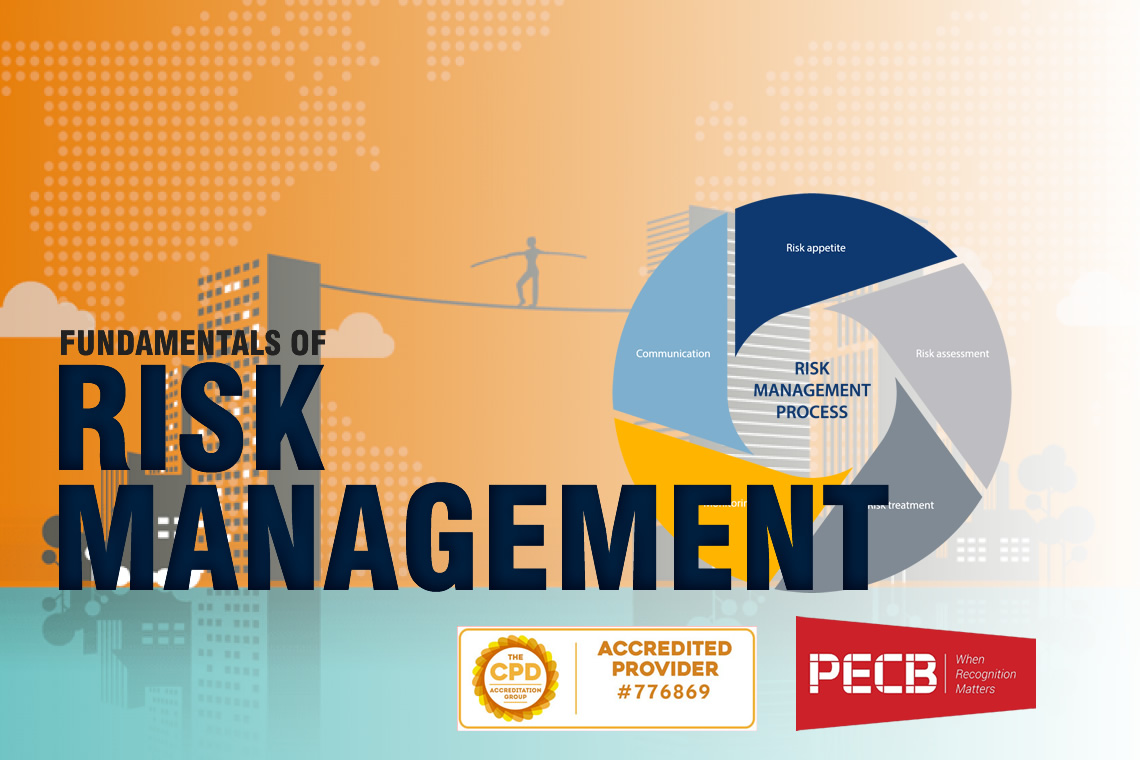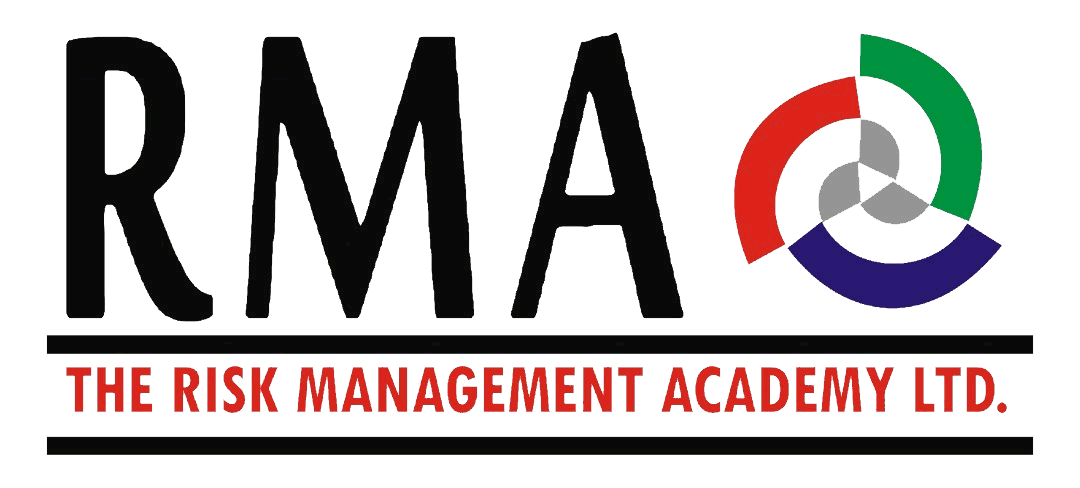
In our fast moving world, the risks we have to manage evolve quickly. It is imperative that we minimize the threats and maximize the potentials of today’s risks.
Global risk and uncertainty remains at a high level due to political, social and technological changes and increased regulatory pressures. The search for profitable opportunities can lead to excessive risk taking. This emphasizes the need for risk management in all areas of the business.
Program Objectives
What You Would Learn
- Analyzing specific risk management frameworks and different types of risk
- Building awareness of specific risks such as credit market and operational
- Exploring the main risk measurement and management tools
- Understanding how risk standards are developed and identifying key criteria for implementing effective risk controls, procedures and regulatory processes
- Analyzing other types of risk including political, economic, legal, liquidity, accounting, tax and model
- Basel Accords and solvency II
Program Agenda
Nature & Dynamics of Risk
Introduction to Risk Management
- The risk management framework
- Overview of different types of risk
- Current trends and future issues in risk management
The Risk Management Process
Credit Risk Management
- Defining credit risk
- counter party risk
- default risk
- settlement risk
- Evaluating netting agreements
- How collateral management can help reduce credit risk
- Describing the credit rating process
- Credit spread analysis
- Measuring credit risk using:
- VAR
- Credit Metrics
- Use of credit derivatives in risk management
- Credit enhancement techniques
The Risk Management Process
Market Risk Management
- Defining Market Risk
- Identifying market risk sensitivity
- Liquidity
- Volatility
- Foreign exchange
- Term structure
- Measuring and managing market risks using:
- Various approaches to VAR
- Stress testing
The Risk Management Process
Operational Risk Management
- Defining operational risk
- Developing methodologies to monitor and control operational risk
- Assessing the various approaches to quantifying operational risk
- Overcoming date limitation when measuring operational risk
- How to integrate operational risk into organization’s risk management framework
Essentials of Operational Risk Management
Analyzing Other Types of Risk
- Political and economic risk
- Legal risk
- Liquidity risk
- Accounting risk
- Tax risk
- Model risk
- Other risks
Risk Measurement Tools
Risk Measurement Tools
- Explaining the most common used risk measurement tools
- Historical simulation
- Scenario analysis
- Variance, covariance and correlation
- Monte Carlo simulation
- RAPM
- VAR
- Duration and convexity
- Risk parameters – the Greeks
- Yield curve modelling
- Stress testing
- Other tools
- Understanding the basic maths behind them
- Learning when each models should be used
Use of Derivatives in Risk Management
- When to use derivatives and why
- Options
- Futures
- Swaps
- Hedging using derivatives
Developing & Implementing a Positive Risk Culture in an Organization
Program Facilitators

Program Time Table
| Day | Date | Start Time | End Time |
|---|---|---|---|
| Day 1 | July 12th, 2023 | 10:00 AM | 4:00 PM |
| Day 2 | July 13th, 2023 | 10:00 AM | 4:00 PM |
| Day 3 | July 14th, 2023 | 10:00 AM | 3:00 PM |
Program Location: WORK & CONNECT, 50 EBITU UKIWE STREET, JABI, ABUJA
Address: IN-PERSON
